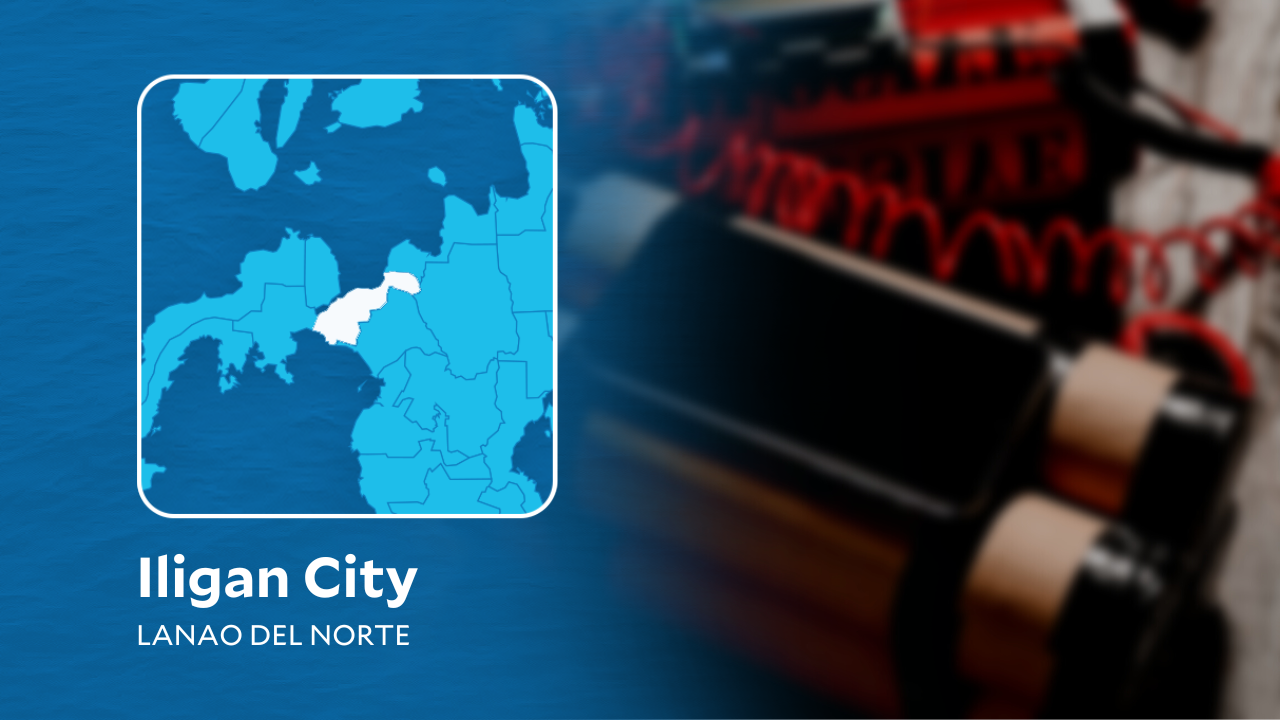Many ex-rebels yet to apply for government amnesty

Inquirer file photo
ILIGAN CITY, LANAO DEL NORTE, Philippines — Two months after its rules were out, many former communist and Moro rebels have not availed of the government’s amnesty program, although officials were optimistic the number of applicants could significantly increase.
Through its nine Local Amnesty Boards (LABs) throughout the country, the National Amnesty Commission (NAC) has received 578 amnesty applications as of July 12, out of the projected 20,000 possible applicants.
In a statement, the NAC said the bulk of applicants, at 497, were former members of the Communist Party of the Philippines-New People’s Army-National Democratic Front (CPP-NPA-NDF) whose peace negotiations with the government were still being worked out to be restarted.
READ: Rules out for amnesty for former rebels
Only 33 applicants came from the Moro Islamic Liberation Front (MILF), which had inked a peace deal with the government in 2014, and 46 from the Moro National Liberation Front (MNLF), which also had a peace pact with the government in 1996.
Article continues after this advertisementOnly two applicants came from the Rebolusyonaryong Partidong Manggagawa ng Pilipinas-Revolutionary Proletarian Army-Alex Boncayao Brigade (RPMP-RPA-ABB), a CPP-NPA breakaway group whose members are concentrated in Panay and Negros islands, and which had a peace deal with the government in 1999.
Article continues after this advertisementLikely in bulk
Presidential Peace Adviser Carlito Galvez Jr. on Tuesday said he expected the MILF to catch up and “submit in bulk” the applications of its members.
Galvez noted that many MILF members were expected to run for office in the first parliamentary elections in the Bangsamoro Autonomous Region in Muslim Mindanao (BARMM) in 2025, hence, they would have to receive an amnesty by the time they will file their certificates of candidacy in October this year.
Former rebels were granted amnesty by President Marcos through Proclamation Numbers 403, 404, 405 and 406, for members of the RPMP-RPA-ABB, CPP-NPA-NDF, MILF and MNLF, respectively, in November last year. The implementing rules were released last May.
The former rebels have two years to apply for amnesty. After a careful verification and validation process, the NAC recommends to the President the granting of amnesty to an individual.
Verification process
The NAC is currently verifying the information provided by the applicants to determine the merit of their applications. Only after this careful process will the NAC recommend to the President the granting of amnesty.
Galvez said the number of applications could further increase as the NAC set up 10 more LABs in key localities of the country. In Mindanao, LABs are established in the cities of Cotabato, Cagayan de Oro and Pagadian.
Galvez added that the new LABs will hopefully be easily accessible to former communist rebels.
“The NAC expects that with more LABs being established in accessible cities or provinces, along with the issuance of Provisional Safe Conduct Passes for amnesty applicants, more rebels will be encouraged to return to the fold of the law, reunite with their families and friends, and restart a normal and peaceful life,” the amnesty body said.
The Office of the Presidential Adviser on Peace, Reconciliation and Unity estimates that up to 20,000 former rebels could submit amnesty applications. —Ryan D. Rosauro